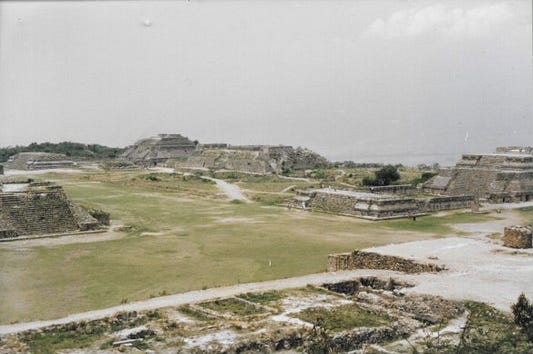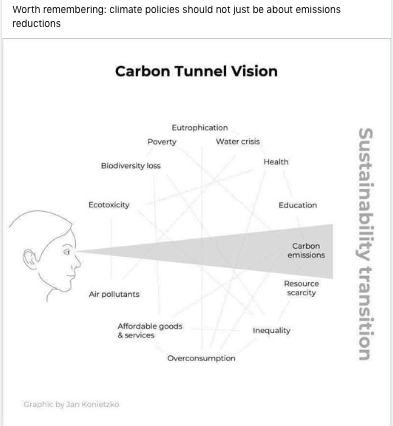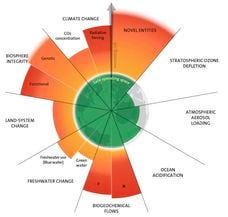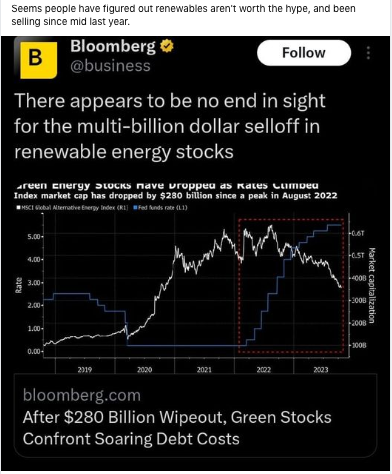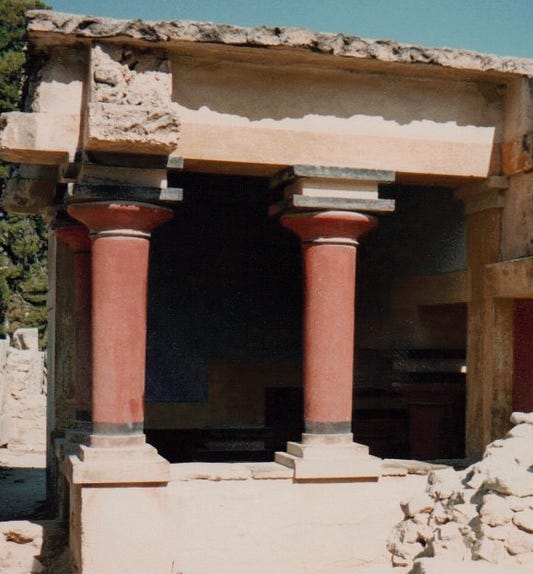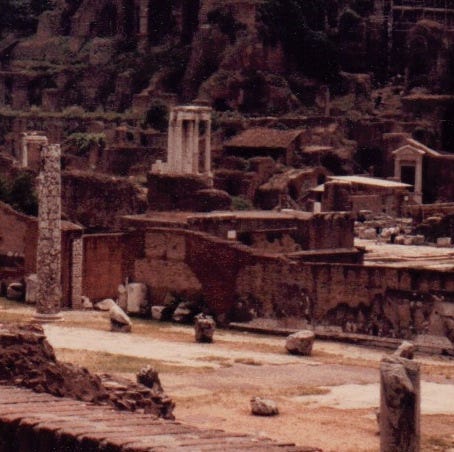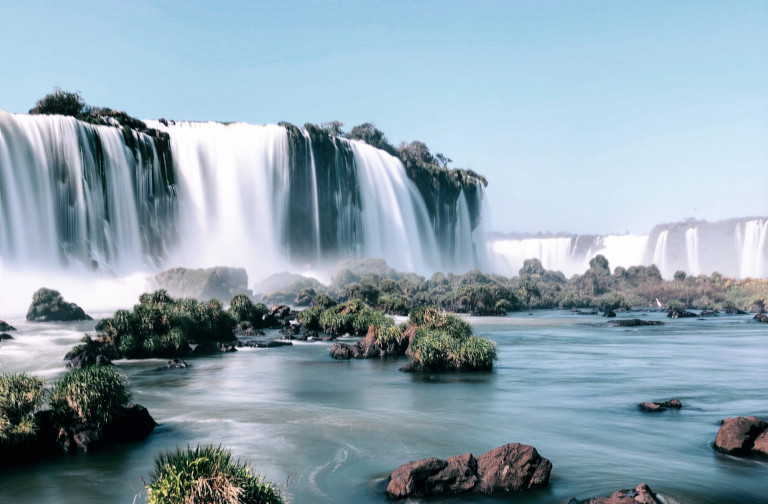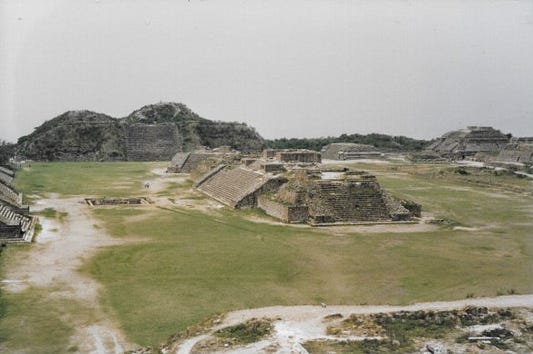Having followed the ‘energy’ dilemma for more than a decade I’ve come to better understand the complexities, nuances, and scheming that it entails; not all mind you, not by a long shot, but certainly better than the mainstream narratives provide. I have no incentive to cling to a particular storyline, none. I have discovered the following information through continued reading and questioning. My perspective on almost everything has shifted dramatically as a result — one cannot unlearn certain things once they’ve been exposed to them.
One has to ask oneself a few questions and keep in mind a number of facts when putting the puzzle together as to what exactly is going on; and energy applies to many, many issues in our world far, far beyond climate change because it is the fundamental basis of life and all this entails. I won’t/can’t post everything since it would involve a massive text, but here are a few pertinent issues to consider in the energy story and our fossil-fuel future.
First, fossil fuels are indeed a finite resource so their coming decline in use was inevitable. This is not only because they are finite but because of falling energy-return-on-energy-invested (EROEI). Given our tendency to exploit the low-hanging fruit first (use up the easy-to-access and cheapest-to-retrieve), the law of declining marginal utility (also known as diminishing returns) was destined to occur and our use of them diminish significantly. We now have to rely upon oil sands, tight oil, and deep-sea drilling to sustain or just barely improve extraction rates. This is not only not economical because of the complexities involved, but uses up increasing amounts of the energy extracted (to say little of the environmental impacts).
The energy industry and governments have known about this predicament for decades. It is not a surprise at all (several ‘research’ reports by government agencies/bureaucrats over the years are available that discuss the issue; to say little about the ‘academic’ discussions). Geophysicist Marion King Hubbert projected this situation while working for the Shell Oil Company in the mid-1900s and developed the Peak Oil Theory, which has more-or-less been quite accurate in its predictions, especially for conventional crude oil production. Given that the largest and most profitable conventional crude oil reserves have all been found and exploited, and the increasing costs and diminishing returns of alternative methods of extracting oil and gas, it’s really not surprising that the industry has greatly reduced capital expenditures in exploration and instead ventured into alternatives; there is little additional profit to be made in oil and gas — better to move to other energy sources and market them as a panacea that will not only address climate change but support our energy-intensive living standards. This dilemma is also outlined in the 1972 text Limits to Growth that used emerging computer simulations to explore various scenarios given the fact that we live on a planet with finite resources. Of the various models generated, we seem to be tracking most closely the Business-As-Usual one that projected problems arising for humanity as we entered this century (and peaking around 2050); problems/dilemmas due to a variety things, not least among them the consequences of population overshoot.
Second, transitioning to alternative sources of energy is not a simple nor straightforward shift; not even close. We have created a complex, interlinked world almost entirely dependent upon fossil fuels. This one-time, finite cache of energy reserves has underpinned virtually our entire ‘modern’ way of living. From the ability to create a complex energy-averaging system via globalised, long-distance trade routes to industrial agriculture that feeds our billions (some quite well, others not so much), oil and gas makes it possible. There are no alternatives that can replace fossil fuels for a number of reasons but mostly because many of our necessary industrial and extraction processes must use fossil fuels since alternatives are inadequate — and alternatives all rely upon these processes for their production, distribution, and maintenance. Rather than acknowledge this dilemma, we have crafted a narrative that such a transition is not only possible but will more or less be forced upon humanity for its own good (more on why I believe this is so below).
Much of our geopolitical and economic chaos over the past number of decades can be tied directly to our energy issues as well. Maneuvering by various nation states, in the Middle East especially, has a link to the massive fossil fuel reserves that have been discovered around the planet. Alliances with questionable governments and proxy wars with competing nations has been the storyline for some years now as access to and control of oil and gas reserves (among other important resources) has been paramount. The untethering of our currency to physical commodities (i.e., gold and silver) in the late 1960s and early 1970s (especially the abrogation of the Bretton Woods Agreement by the United States), and subsequent ever-increasing debasement of it, can be said to be one of the consequences of diminishing returns on our most important energy sources and attempts to counteract the energy decline — especially in the US where oil and gas production peaked about this time. Geopolitics is mostly if not always about control of resources, not about freeing a nation’s citizens from its tyrannical government and bringing ‘democracy’ to them — we chose which ‘tyrants’ we support and which we vilify (even within our own ‘democracies’).
Finally (although I could ramble on forever), the ruling class/oligarchs/elite (whatever you wish to term the power brokers and wealthy in society) have one primary motivation that drives them: the control/expansion of the wealth-generating systems that provide their revenue streams — this has been the story of the ruling classes throughout pre/history. All other concerns either serve this first one or are secondary/tertiary. Energy is one of the most profitable of the various wealth-generating systems (control of the creation and distribution of fiat currency perhaps the most; along with taxing powers). What better way to ensure continued wealth generation than convincing everyone that a shift to alternative energy sources is necessary to save ourselves and planet, even if such a shift is impossible and untenable.
We cannot mitigate, let alone solve, the issues at hand for humanity and the planet if we do not correctly identify the cause(s). Clinging to a narrative that is primarily marketing propaganda might help to reduce the cognitive dissonance created by holding two or more beliefs that conflict with each other, but it does zero in addressing our needs. Holding on to the hope that we can continue to live as we have because ‘someone’ will solve these conundrums is in my opinion misplaced faith.
Our major dilemma is overshoot, defined simply as the point where a species has placed more demand on its environment/ecology than that system can naturally regenerate and sustain the population. The one-time cache of fossil fuels has allowed our species to proliferate (and helped to provide amazing wonders) well beyond the natural carrying capacity of our planet. And now that it is in terminal decline nature is sure to bring our species’ population back into alignment. Those at the top of society’s power structures are well aware of these issues for they have driven most of their actions and policies for decades. It is far better for them, however, if the masses are focused elsewhere and their use of propaganda to do this has a long history as well. We are being sold a comforting narrative about ‘clean/green’ energy while the underlying reality of what is occurring is being purposely ignored or dismissed, often as conjecture or conspiracy. The idea that we need to reduce our fossil fuel use to save the planet is convenient cover for the truth that fossil fuels are becoming too expensive to retrieve because the cheap-to-access and easy-to-retrieve reserves are quickly running out.
I’m increasingly doubtful we are going to face the ultimately very difficult decisions that need to be made (in fact, needed to be made decades ago) and we will continue to stumble along hoping and praying that all will work out just fine, thank you. Only time will tell how this all plays out for none of us can accurately predict the future but the path of decline/collapse seems fairly certain. Every complex society that has existed up to this point in history has experienced it and we are not significantly different when push comes to shove. If archaeologist Joseph Tainter’s thesis in his monograph The Collapse of Complex Societies is accurate, complex societies ‘collapse’ due to the inability to deal with stress surges because they have been experiencing diminishing returns on their investments in complexity; and this is exactly the situation with humanity’s investments in fossil fuels.
This is what I have been able to cobble together in the couple of hours of a few household chores and while enjoying my morning coffee. Now I will prepare to spend my usual day out and about our yard enhancing our fruit/vegetable gardens, and attempting to make our household a tad more resilient in light of the decline that is most assuredly upon us. You may or may not agree with my interpretation of things but I would implore you to explore the issues and certainly step outside of your comfort zone and consider a different paradigm because the ones pushed by the ruling class are not in your best interest.


